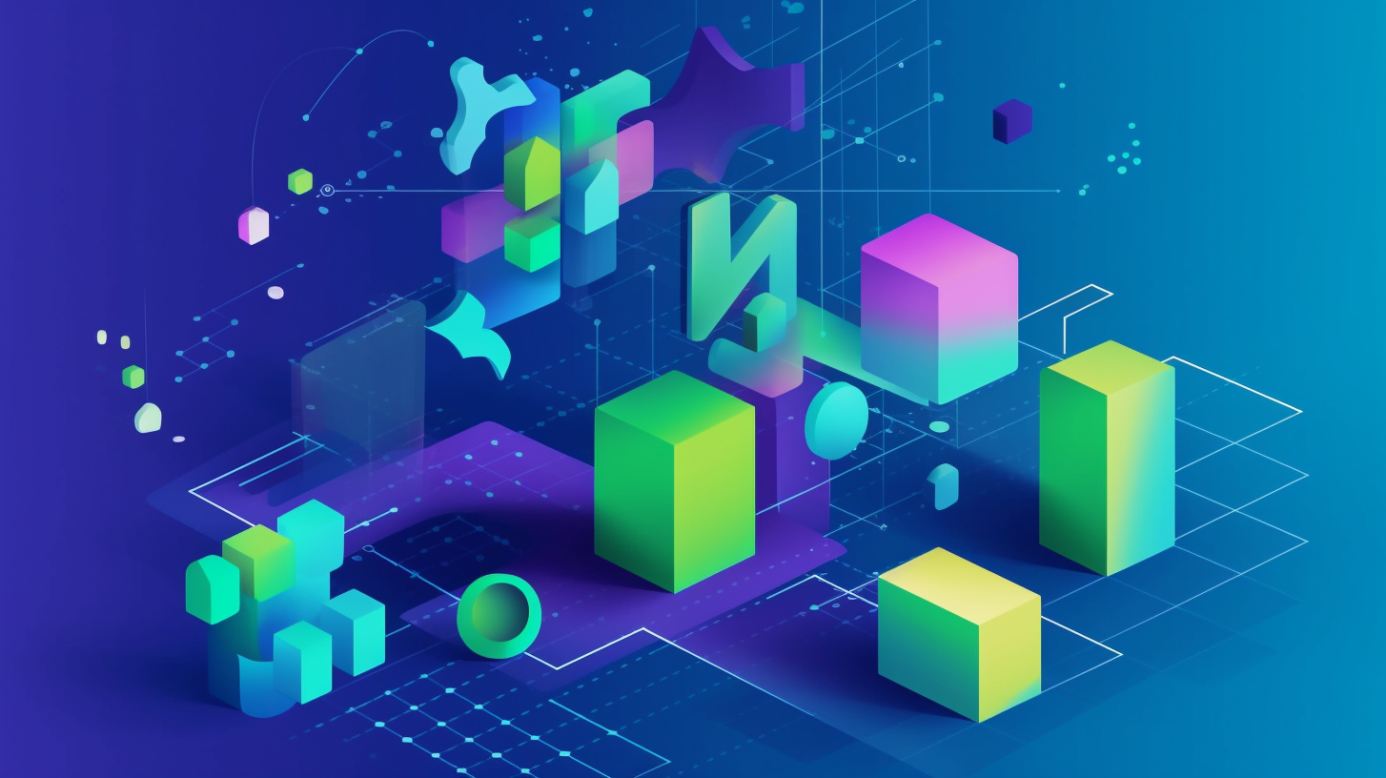
Take Udacity's free Advanced Analytics course and learn a scientific approach to solving problems with data to help make business decisions. Learn online with Udacity.
Here's a deal for you
What's inside
Syllabus
Good to know
Save this course
Activities
Review basic statistics concepts
Show steps
Refreshes foundational knowledge in statistics, which is essential for comprehending advanced analytics techniques.
Browse courses on
Basic Statistics
Show steps
-
Review online resources or textbooks.
-
Complete practice exercises to test understanding.
Connect with data analytics professionals
Show steps
Provides opportunities for guidance and support from experts in the field.
Show steps
-
Attend industry events or online forums.
-
Reach out to professionals on LinkedIn or other networking platforms.
-
Attend workshops or conferences where data analytics professionals gather.
Participate in study groups
Show steps
Encourages collaboration, peer learning, and knowledge sharing.
Show steps
-
Form or join a study group with other course participants.
-
Meet regularly to discuss course material, solve problems, and quiz each other.
-
Provide feedback and support to group members.
Four other activities
Expand to see all activities and additional details
Show all seven activities
Follow tutorials on inferential statistics
Show steps
Reinforces the concepts of inferential statistics covered in the course.
Browse courses on
Inferential Statistics
Show steps
-
Identify online tutorials on inferential statistics.
-
Follow the tutorials, taking notes on key concepts.
-
Complete any practice exercises provided in the tutorials.
Solve practice regression problems
Show steps
Provides hands-on practice in applying regression techniques.
Browse courses on
Regression Analysis
Show steps
-
Collect a dataset suitable for regression analysis.
-
Build regression models using different techniques.
-
Evaluate the performance of the models.
Create a data visualization dashboard
Show steps
Develops skills in communicating insights through visual representations.
Browse courses on
Data Visualization
Show steps
-
Identify a dataset and key metrics to visualize.
-
Select appropriate visualization techniques.
-
Use a data visualization tool to create the dashboard.
-
Present the dashboard to peers or a mentor.
Develop a data analytics solution for a real-world problem
Show steps
Applies course concepts to solve a practical problem, fostering critical thinking and problem-solving skills.
Browse courses on
Data-Driven Decision-Making
Show steps
-
Identify a problem or opportunity that can be addressed with data.
-
Collect and analyze data to understand the problem.
-
Develop and implement a data-driven solution.
-
Evaluate the effectiveness of the solution.
Review basic statistics concepts
Show steps
Refreshes foundational knowledge in statistics, which is essential for comprehending advanced analytics techniques.
Browse courses on
Basic Statistics
Show steps
- Review online resources or textbooks.
- Complete practice exercises to test understanding.
Connect with data analytics professionals
Show steps
Provides opportunities for guidance and support from experts in the field.
Show steps
- Attend industry events or online forums.
- Reach out to professionals on LinkedIn or other networking platforms.
- Attend workshops or conferences where data analytics professionals gather.
Participate in study groups
Show steps
Encourages collaboration, peer learning, and knowledge sharing.
Show steps
- Form or join a study group with other course participants.
- Meet regularly to discuss course material, solve problems, and quiz each other.
- Provide feedback and support to group members.
Follow tutorials on inferential statistics
Show steps
Reinforces the concepts of inferential statistics covered in the course.
Browse courses on
Inferential Statistics
Show steps
- Identify online tutorials on inferential statistics.
- Follow the tutorials, taking notes on key concepts.
- Complete any practice exercises provided in the tutorials.
Solve practice regression problems
Show steps
Provides hands-on practice in applying regression techniques.
Browse courses on
Regression Analysis
Show steps
- Collect a dataset suitable for regression analysis.
- Build regression models using different techniques.
- Evaluate the performance of the models.
Create a data visualization dashboard
Show steps
Develops skills in communicating insights through visual representations.
Browse courses on
Data Visualization
Show steps
- Identify a dataset and key metrics to visualize.
- Select appropriate visualization techniques.
- Use a data visualization tool to create the dashboard.
- Present the dashboard to peers or a mentor.
Develop a data analytics solution for a real-world problem
Show steps
Applies course concepts to solve a practical problem, fostering critical thinking and problem-solving skills.
Browse courses on
Data-Driven Decision-Making
Show steps
- Identify a problem or opportunity that can be addressed with data.
- Collect and analyze data to understand the problem.
- Develop and implement a data-driven solution.
- Evaluate the effectiveness of the solution.
Career center
Data Scientist
Operations Research Analyst
Statistician
Machine Learning Engineer
Data Analyst
Data Engineer
Business Analyst
Market Research Analyst
Financial Analyst
Product Manager
Marketing Manager
Operations Manager
Sales Manager
Software Engineer
Computer Scientist
Reading list
Share
Similar courses
OpenCourser helps millions of learners each year. People visit us to learn workspace skills, ace their exams, and nurture their curiosity.
Our extensive catalog contains over 50,000 courses and twice as many books. Browse by search, by topic, or even by career interests. We'll match you to the right resources quickly.
Find this site helpful? Tell a friend about us.
We're supported by our community of learners. When you purchase or subscribe to courses and programs or purchase books, we may earn a commission from our partners.
Your purchases help us maintain our catalog and keep our servers humming without ads.
Thank you for supporting OpenCourser.


